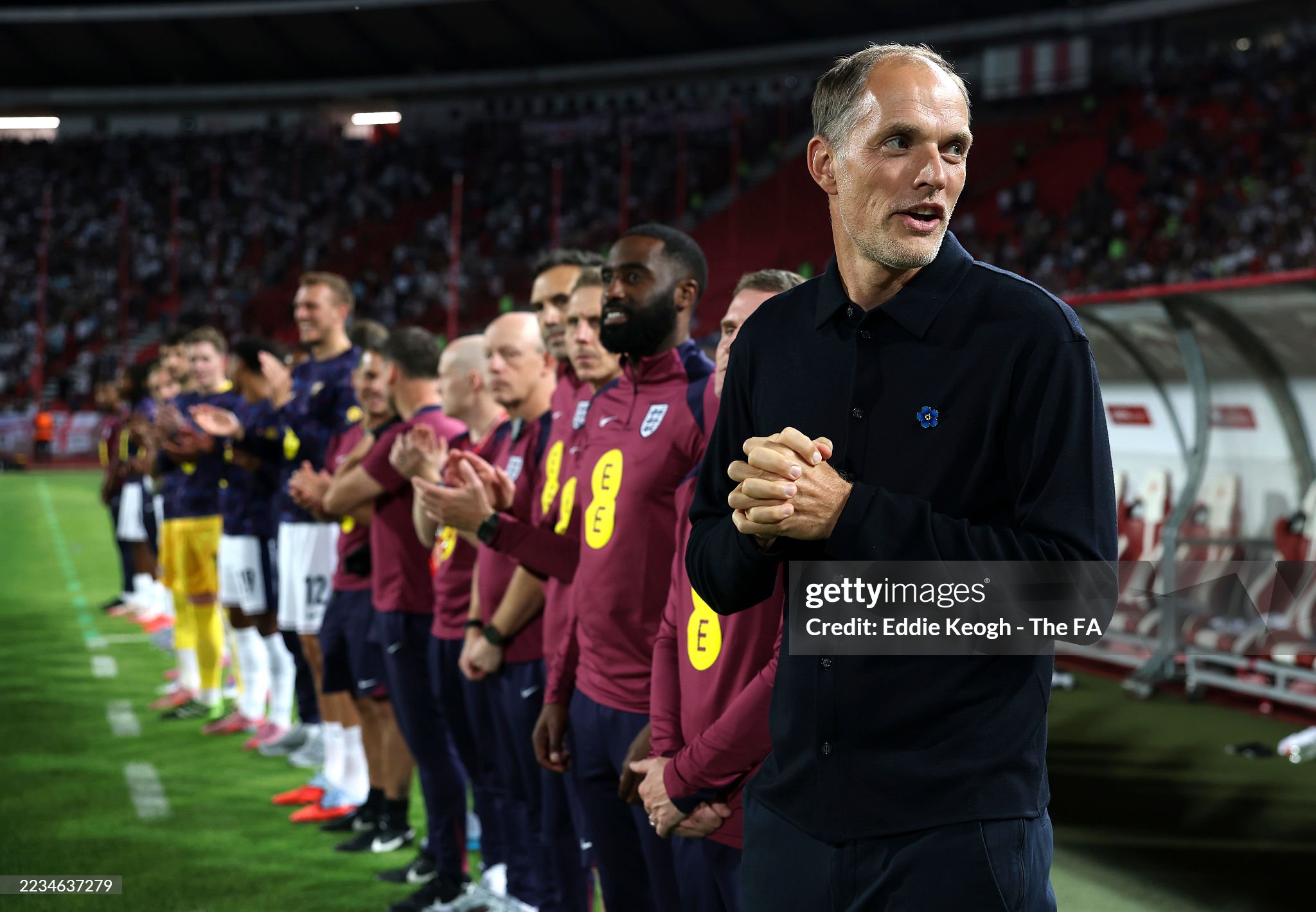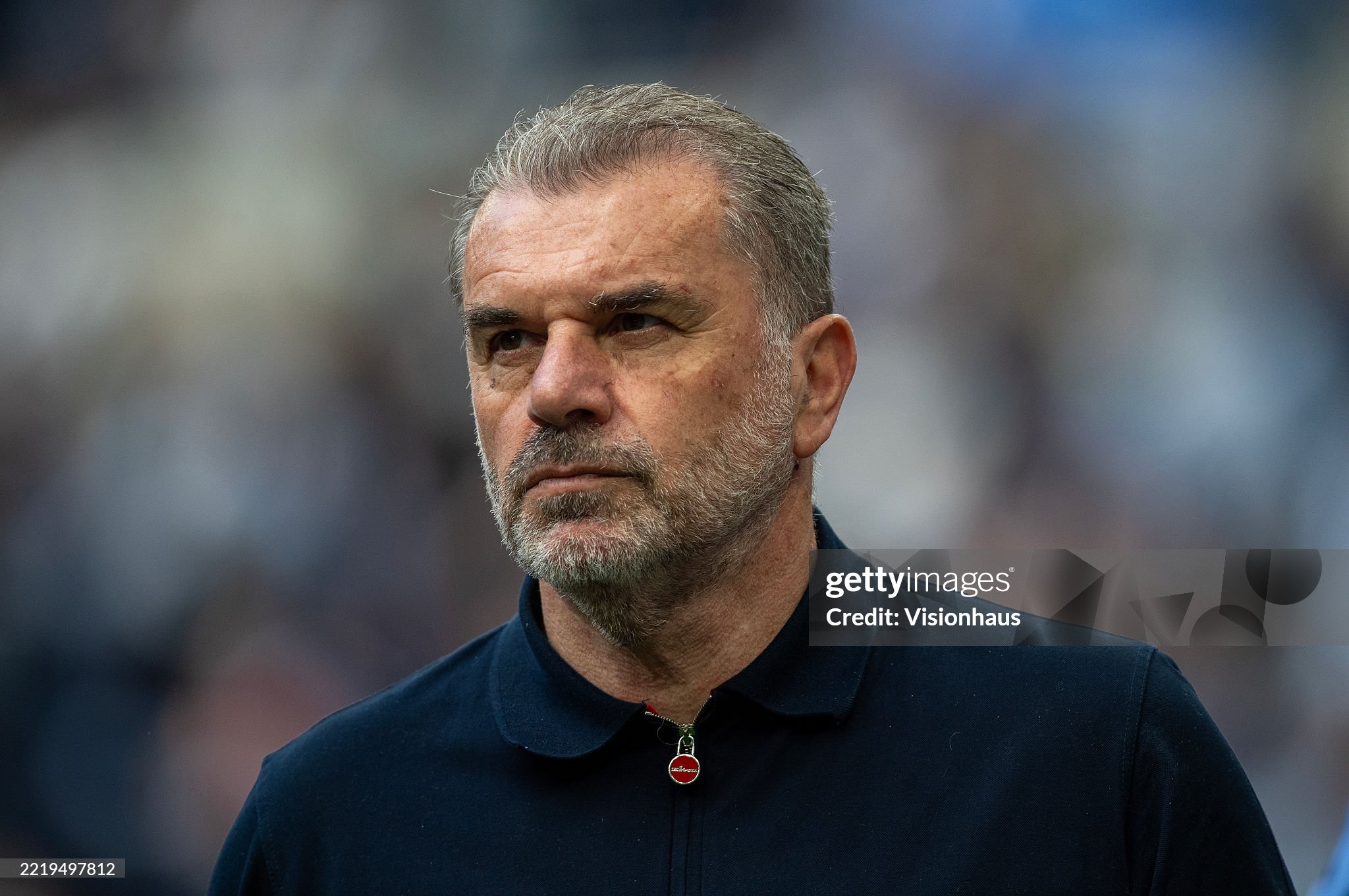Chelsea has been charged with 74 breaches of FA rules dating from Roman Abramovich’s ownership. The club responded by stressing unprecedented transparency under Todd Boehly, as the case highlights questions about football’s financial past and its regulatory future.
Chelsea issued a statement on Thursday after being accused of 74 breaches of rules by the Football Association, which governs the Premier League. The club has been given until September 19 to respond formally, in what has quickly become one of the most serious regulatory cases English football has seen in recent years.
According to The Athletic, the alleged breaches span a thirteen-year period, between 2009 and 2022, when Chelsea was owned by Roman Abramovich. The Russian oligarch bought the club in 2003 and transformed it almost overnight from a successful but inconsistent London side into a global powerhouse. Fueled by Abramovich’s wealth, Chelsea won five Premier League titles, five FA Cups, two Champions League trophies and two Europa Leagues, building squads filled with world-class stars. Yet the way that success was funded has always been the subject of debate, with critics accusing the club of operating outside the spirit of financial fair play and relying heavily on Abramovich’s personal fortune.
The FA’s investigation zeroes in particularly on the years between 2010 and 2016, when Chelsea were at the height of their spending power. During this period the club signed some of its most famous names, including Fernando Torres, Eden Hazard, Diego Costa, Cesc Fàbregas and many more. Those deals often involved complex financial arrangements with football agents and intermediaries. Regulators now believe that elements of these transactions were not reported in full or were structured in ways that breached existing rules.
The controversy is sharpened by the fact that Abramovich’s tenure ended not on footballing terms but as a direct result of geopolitics. Following Russia’s invasion of Ukraine in February 2022, Abramovich’s assets were frozen by the British government because of his ties to Vladimir Putin. Within months he was forced to sell Chelsea, bringing nearly two decades of ownership to an abrupt end. The club was then acquired by a consortium led by American businessman Todd Boehly and Clearlake Capital in a deal worth £4.25 billion.
What is striking about Chelsea’s current predicament is that the alleged breaches were not uncovered by the FA alone but were largely self-reported by the club’s new owners. During the due diligence process leading up to the takeover in May 2022, Boehly’s group discovered evidence of potentially incomplete financial records relating to historic transfers and payments. Rather than conceal them, the new regime decided to immediately inform the relevant authorities, including the FA and Premier League.
Chelsea underlined this point in their official statement, making clear that transparency has been their guiding principle since the takeover. The club said the ownership group became aware of possible violations before the purchase was even finalized and chose to disclose them fully. They have since granted the FA extensive access to historical files and data, something they described as “unprecedented transparency.” Chelsea added that they remain committed to working in full collaboration with the FA to conclude the case as swiftly as possible, while also thanking the governing body for its engagement in what the club described as a complex investigation centered on matters from more than a decade ago.
The sheer number of charges seventy-four in total underscores the seriousness of the case. While Chelsea’s statement aims to distinguish the current ownership from past practices, the fact remains that the FA is investigating one of the longest and most successful eras in the club’s history. If breaches are proven, questions will inevitably be raised about whether some of Chelsea’s greatest triumphs were achieved with the help of irregular financial structures. That in turn could tarnish Abramovich’s legacy, which is already complicated by the political circumstances of his departure.
The timing of the charges is also significant, coming in a period when the Premier League has been under pressure to demonstrate consistency and toughness in enforcing financial regulations. In the past year both Everton and Nottingham Forest have been docked points for breaching Profitability and Sustainability Regulations. Manchester City, meanwhile, continues to face an extraordinary 115 charges for alleged breaches of financial rules, a case that has yet to be resolved. Against this backdrop, Chelsea’s situation becomes part of a wider narrative about accountability, transparency and the balance of power in English football.
The potential punishments Chelsea might face remain speculative at this stage. In theory they could include heavy fines, transfer restrictions or even points deductions, though the fact that the new owners reported the issues themselves may work in the club’s favor. Legal experts suggest that self-disclosure and cooperation could be seen as mitigating factors, especially if the breaches relate solely to the Abramovich years. However, others argue that the sheer scale of the charges means the FA will feel compelled to impose a significant sanction, not least to demonstrate consistency with the penalties already handed down to other clubs.
For Chelsea supporters, the case creates an uncomfortable tension between past glory and present reality. The Abramovich era delivered unprecedented success and turned the club into a global brand, but it also left behind a legacy of scrutiny and suspicion. The Boehly era, by contrast, has been marked by extraordinary levels of spending more than £1 billion on players since the takeover but also by a determination to demonstrate regulatory compliance and financial transparency. The club’s current leaders will argue that they inherited these problems and that their proactive reporting shows a commitment to doing things differently.
Whatever the eventual outcome, the case is likely to be a landmark moment in the ongoing battle over financial regulation in football. It will test not only Chelsea’s ability to defend its position but also the FA’s willingness to hold one of the game’s biggest clubs accountable for historic conduct. For the Premier League, it represents another chapter in a wider story: the attempt to balance global investment and commercial growth with fairness, transparency and sustainability.
As Chelsea waits for the next stage of the process, the message from Stamford Bridge is one of cooperation and reassurance. The club insists it has nothing to hide and wants the matter resolved quickly. But for fans, rivals and observers across the football world, the real story may lie in how this case reshapes perceptions of one of the most dominant clubs of the 21st century, and how it sets a precedent for the governance of English football in the years to come.







